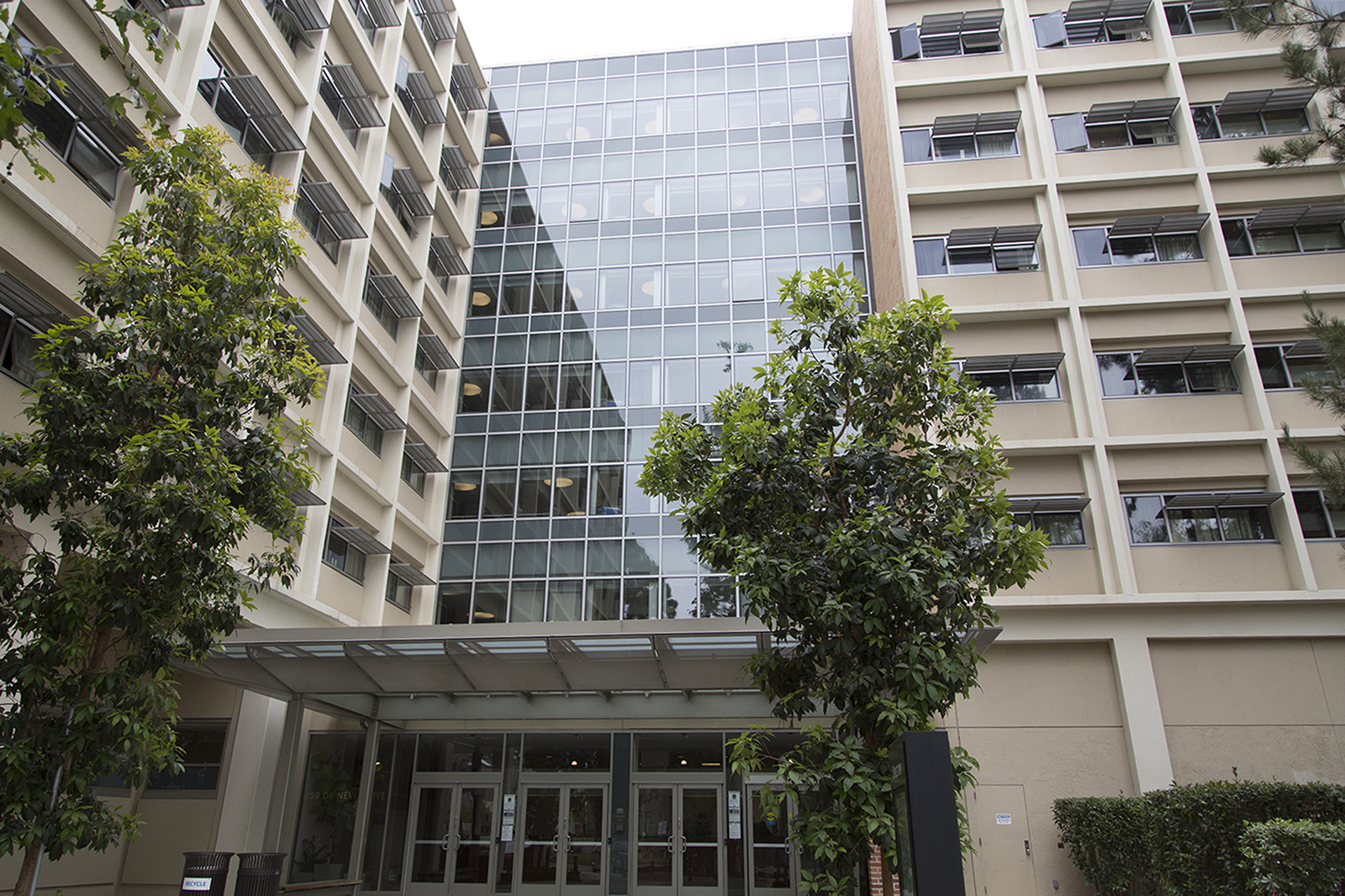UCLA class sizes, housing demands to rise in response to state mandate

A deal struck between Gov. Jerry Brown and the University of California Board of Regents may require about 500 of the double occupancy rooms on the Hill to be converted into triple occupancy rooms to accommodate an increase in enrollment for the 2016-2017 school year. (Daily Bruin file photo)
By Kartik Kolachina
Oct. 16, 2015 10:18 a.m.
UCLA class sizes and housing demand will increase next year when the university accepts 500 additional in-state students, as mandated by the May deal struck between Gov. Jerry Brown and the University of California Board of Regents.
The budget deal will allocate an extra $25 million to the UC if the University accepts an additional 5,000 in-state students across the 10 campuses. Members of the Academic Senate discussed consequences of the increased enrollment at their last meeting on Oct.1.
Ellen Carpenter, a member of the Academic Senate’s Committee on Undergraduate Admission and Relations with Schools and a psychiatry and biobehavioral sciences professor, said she thinks increased enrollment will be problematic in larger departments such as life sciences.
“We will need larger spaces, more instructors and perhaps alternative methods of delivering lectures,” Carpenter said.
Trent Kajikawa, the Undergraduate Students Association Council’s Academic Affairs commissioner, said he thinks about 500 of the double occupancy rooms on the Hill will have to be converted into triple occupancy rooms to accommodate the increase.
UCLA spokesperson Rebecca Kendall said UCLA Housing officials have not yet decided how they will house the extra students.
Kajikawa said he supports the plan to increase in-state enrollment but is concerned about the lack of funding.
“The UC needs to provide better higher education to California residents, but the plan lacks foresight by mandating increased enrollment of students without providing substantial funding,” Kajikawa said.
Zach Helder, USAC external vice president, said his office is lobbying for an additional $75 million from the state to properly integrate the additional students.
The Academic Senate will further discuss the changes that result from increased enrollment at its next executive board meeting on Oct. 22.

